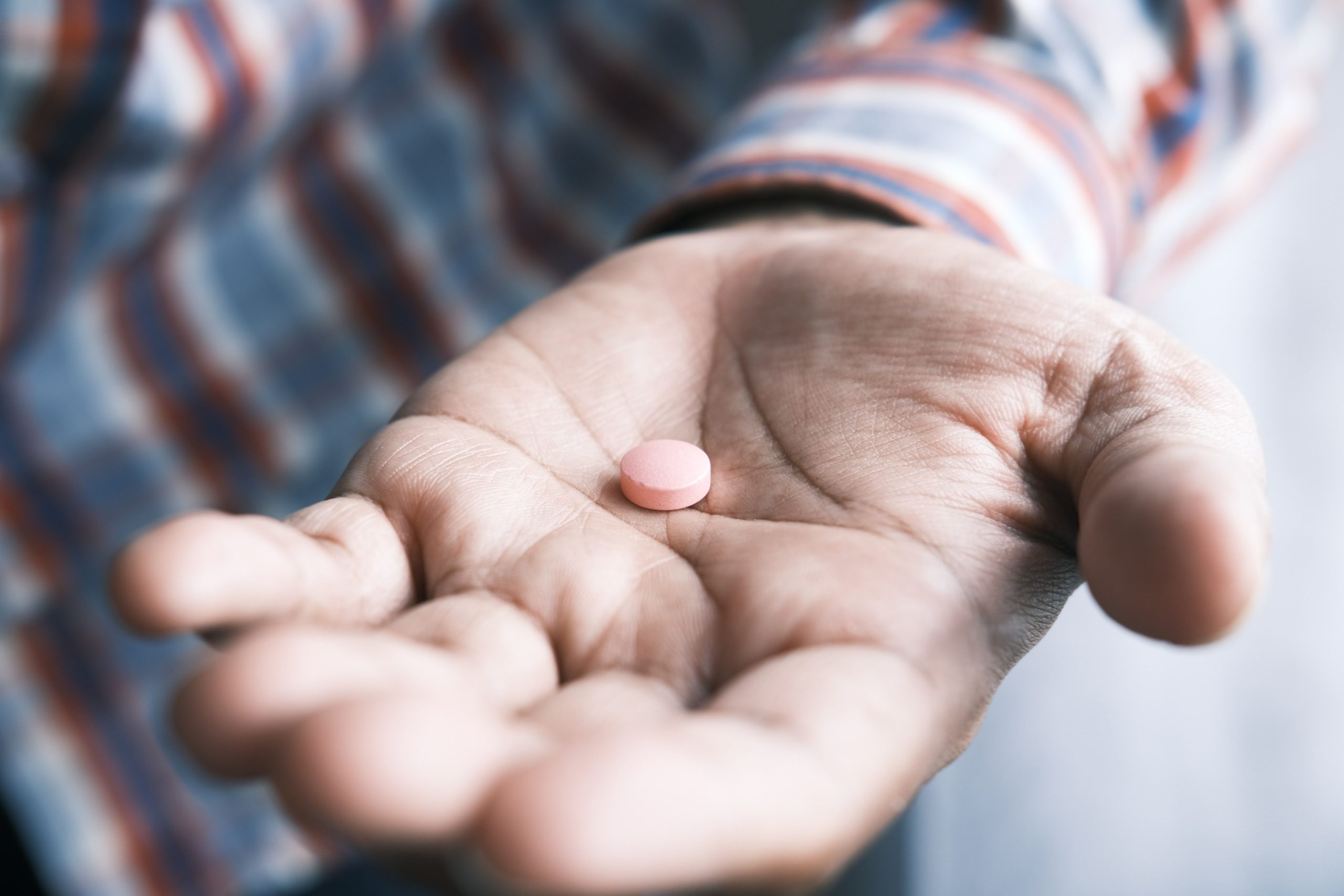Infection
Norovirus Vaccine Candidate Demonstrates Reduction in Infection
This week, Vaxart released data on its vaccine, which showed a 29% reduction in the rate of norovirus infection between the vaccinated and placebo The findings are from its phase 2 clinical trial.
According to the company, some of the other key findings included:
- 21% reduction in the rate of norovirus AGE in the vaccinated cohort compared with placebo (45% vs. 57%) that was not statistically significant (p=0.149)
- Significant increase in the induction of norovirus-specific IgA antibody-secreting cells (ASC) in the vaccinated cohort, with a 79% response rate in the vaccinated cohort, compared with 2.5% in the placebo cohort (p<0.001) on Day 8 post-vaccination; mean response was 375 ASC per million cells for the vaccinated cohort, compared with 26 ASC per million cells for placebo
Advertisement
- Significant increase in the induction of HBGA blocking anti-bodies in the vaccinated cohort (GMFR 3.23) compared with the placebo cohort (GMFR 1.0) on Day 29 post-vaccination (p<0.001)
- Significant increases in norovirus-specific serum IgA (GMFR 7.14) and IgG (GMFR 4.64) in the vaccinated cohort compared with placebo from baseline to Day 29 post-vaccination (p<0.001)
- No vaccine-related SAEs or dose-limiting toxicities were reported, consistent with the safety profile observed in all of Vaxart’s norovirus trials
Vaxart’s VP1-based oral tablet vaccine was developed to target the norovirus GI.1 Norwalk and GII.4 Sydney strains, which are the predominant strains affecting humans. Vaxart’s oral tablet vaccine candidate is designed to produce antibodies against norovirus locally in the intestine.
The phase 2 challenge study enrolled 165 healthy adults, who were randomized 1:1 to receive Vaxart’s monovalent oral tablet vaccine targeting the norovirus GI.1 genotype or placebo. Four weeks after vaccination, subjects were challenged with GI.1 norovirus. The study achieved its primary endpoints of a statistically significant 29% reduction in the rate of norovirus infection between the vaccinated and placebo arms through Day 8 post challenge, a strong induction of norovirus-specific immunoglobulin A (IgA) and immunoglobulin G (IgG) antibodies, and other immune response endpoints.
“Challenge studies use higher quantities of virus than an individual may encounter during a naturally occurring infection, yet our vaccine candidate demonstrated a significant effect on infection and viral shedding, even though it did not achieve a statistically significant reduction in norovirus AGE,” said James F. Cummings, MD, Vaxart’s Chief Medical Officer. “The magnitude of the reduction in shedding could have an impact on transmission and may have important public health benefits, as norovirus spreads rapidly among people gathering in large numbers, including settings such as daycare centers, nursing homes, and workplaces, and may reduce the potential spread of the infection to families at home.”
Vaccination also led to a reduction in norovirus AGE in the vaccine arm compared to placebo, but this was not statistically significant. In a prespecified analysis, the study also showed an 85% decrease in viral shedding in the vaccine arm compared with placebo.
Vaxart is a clinical-stage biotechnology company developing a range of oral recombinant vaccines based on its proprietary delivery platform. According to the company, the vaccines are designed to be administered using pills that can be stored and shipped without refrigeration and eliminate the risk of needle-stick injury. Vaxart believes that its proprietary pill vaccine delivery platform is suitable to deliver recombinant vaccines, positioning the company to develop oral versions of currently marketed vaccines and to design recombinant vaccines for new indications.

